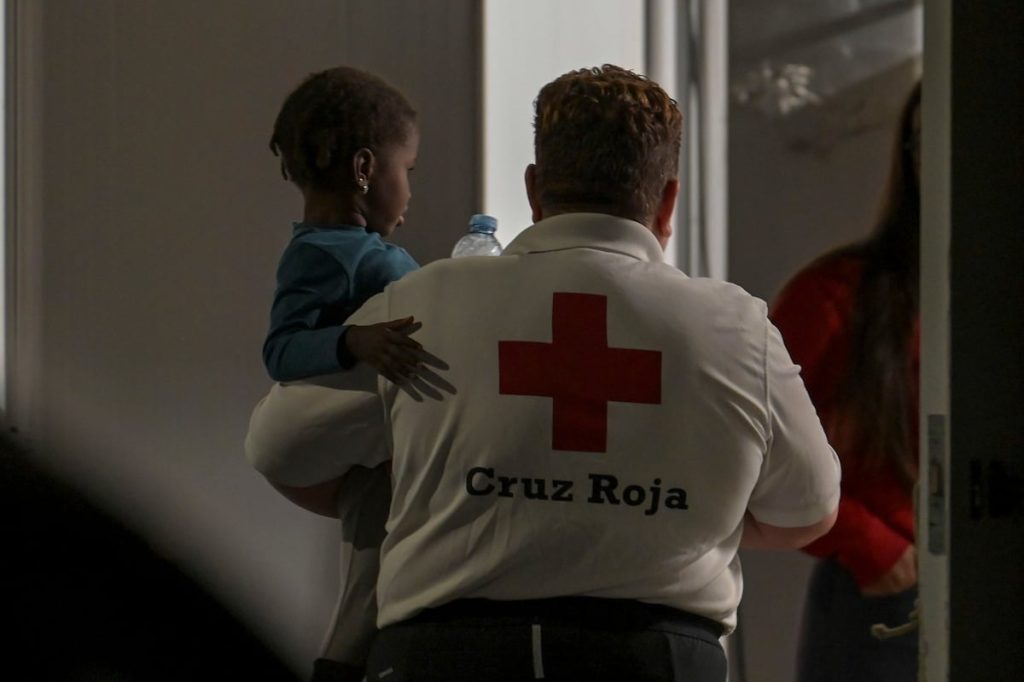In 2024, for the second consecutive year, the Canary Islands broke their record for immigrant arrivals, with 46,843 people arriving by sea, an increase of 17.4% from 2023. Overall, Spain recorded 63,970 arrivals, a 12.5% increase from the previous year. Of these, 692 arrived on 692 boats, a 13.4% increase from the previous year. Canarias accounted for over 76% of total entries into the territory, while arrivals from the mainland and the Balearic Islands decreased by 6.5% to 14,431 people. However, arrivals by land (including those who swam) in the autonomous cities of Ceuta and Melilla increased, with 2,647 people entering irregularly, a 137% increase in Ceuta and a 30.1% decrease in Melilla compared to the previous year.
The flow of people from West Africa to the Canary Islands has put the migration debate at the center of political turmoil, especially concerning the 5,812 unaccompanied migrant minors under the archipelago’s care. Since the beginning of 2023, the Spanish government has expedited the transfer of adults to various parts of Spain to alleviate congestion in the archipelago. However, the care of minors falls under the jurisdiction of the regional government, which has not been able to reach a political agreement in Congress to reform the immigration law and establish a mandatory system for distributing minors among autonomous communities. The government of the Canary Islands has expanded its network of resources to 86 facilities to accommodate the increasing number of migrants.
The ruling party in the Canary Islands, the Partido Popular, along with Coalición Canaria, has been embroiled in a debate with the national government and the opposition party, Vox, over the handling of the migrant crisis. President of the Canary Islands, Fernando Clavijo, accused both the government and the PP of being complicit in maintaining the state of alert in Canarias. In response, the Minister of Territorial Policy and Democratic Memory, Ángel Víctor Torres, accused Clavijo of unfairly attacking the government in negotiations for the distribution of migrant minors to protect his political alliance with the PP. The political landscape has been fraught with disagreements and accusations regarding the handling of the migration crisis.
The national leadership of the PP has aligned with Vox in their stance on migration policy, criticizing both the government and the far-right party for their respective irresponsibility in addressing the issue. The PP has been steadfast in their refusal to reform the immigration law, aligning with Vox’s hardline stance on immigration. This has led to a standstill in negotiations and a lack of progress in addressing the migration crisis. The PP has been criticized for their unwillingness to compromise and their insistence on strict conditions for any potential agreement with the government.
The migration debate has been ongoing for months, with the PP, Vox, and other parties at odds over the best approach to handling the crisis. The PP’s refusal to budge on their demands has led to a stalemate in negotiations and a lack of progress in finding a solution. The government has faced challenges in navigating the various political interests and finding common ground among the different parties. The future of migration policy in Spain remains uncertain as the debate continues to unfold.


